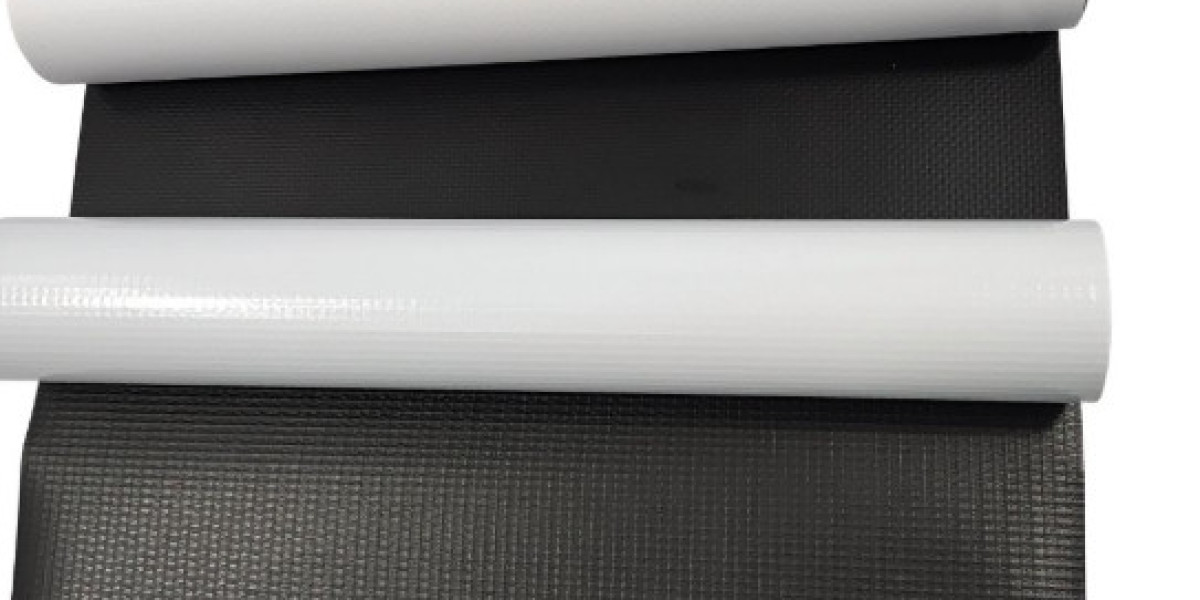Essays are more than academic assignments—they're intellectual adventures. Whether you're explaining a theory, persuading readers, or narrating a personal story, an essaypro https://forum.nocramming.com/threads/is-essaypro-legit.4/ helps shape your thoughts into structured, meaningful writing. It’s a versatile tool used in education, journalism, business, and personal reflection to explore and convey ideas with clarity and confidence.
✨ Understanding What an Essay Is
An essay is a structured composition focused on a specific subject. Unlike informal writing, an essay demands clear organization, thoughtful analysis, and purposeful communication. It aims to inform, argue, entertain, or reflect—depending on its type and the writer's intent.
A classic essay typically contains:
- An introduction that introduces the topic and presents a thesis
- Body paragraphs that develop ideas through evidence or storytelling
- A conclusion that wraps up the discussion and reinforces the central message
The beauty of an essay lies in its balance: it marries logic and creativity, structure and insight.
? Exploring the Major Types of Essays
Essays come in different flavors, each serving a unique purpose. Understanding these types helps writers select the best format to convey their message.
Narrative Essays
These tell a story. Often based on personal experiences, narrative essays aim to evoke emotion and draw readers into a lived moment. They include vivid details, dialogue, and a sense of progression.
Descriptive Essays
If narrative essays tell, descriptive essays show. They focus on sensory impressions, bringing people, places, or events to life through imagery and metaphor. Think of it as painting with words.
Expository Essays
These explain. Objective and fact-driven, expository essays break down concepts, processes, or issues logically. Common in academic and technical settings, they rely on clear definitions and structured argumentation.
Persuasive Essays
Here, the goal is to convince. Persuasive essays use rhetoric, evidence, and emotional appeal to sway readers toward a particular viewpoint. They often tackle controversial or debatable issues.
Analytical Essays
These dissect a subject. Whether analyzing literature, art, politics, or data, analytical essays explore components and their relationships, drawing deeper meaning from complex material.
Each essay type influences tone, structure, and language—and mastering them adds versatility to a writer’s toolkit.
?️ The Building Blocks of Essay Structure
Strong essays aren’t written—they’re built. Like architecture, they follow logical principles that guide readers from point to point with clarity and momentum.
Introduction
- Start with a hook: something that grabs attention (a question, statistic, or anecdote)
- Clearly state your topic and its relevance
- End with a well-crafted thesis statement that outlines your main argument or purpose
Body Paragraphs
- Begin each paragraph with a topic sentence
- Support with examples, facts, or analysis
- Use transitions to link ideas smoothly and avoid abrupt shifts
Conclusion
- Reaffirm your thesis in light of your discussion
- Summarize key takeaways
- Offer a closing insight, reflection, or call to action
This structure provides clarity for both writer and reader, keeping the essay focused and purposeful.
? Tips to Strengthen Your Essay Writing
Even with a clear structure, crafting an exceptional essay takes intention and effort. Here are some effective strategies:
- Brainstorm before writing: Map ideas, choose a focus, and outline arguments
- Know your audience: Tailor tone, language, and complexity to the reader
- Stick to one idea per paragraph: Avoid overwhelming readers with scattered thoughts
- Use credible sources: Facts, quotes, and statistics add weight to your points
- Edit and revise: Writing is rewriting—polish grammar, tighten wording, and check for logic
- Read other essays: Exposure to diverse styles enhances your own voice and technique
For creative essays, trust your intuition; for academic ones, lean into structure and evidence. Over time, your essays will reflect both discipline and style.
? The Relevance of Essays in Today’s World
You might wonder: in a world dominated by short-form content and viral memes, why do essays still matter? The answer is simple—depth. Essays allow for thoughtful exploration that quick posts can’t match.
- Critical thinking: Essays require analysis, synthesis, and logical argumentation
- Communication skills: Writing essays develops clarity, persuasion, and articulation
- Personal reflection: Essays provide space to understand ourselves and the world
- Professional value: Whether in law, journalism, science, or marketing, essay skills translate into impactful communication
In essence, essays invite us to slow down, think deeply, and communicate meaningfully. That’s a rare and valuable thing.








